I don't see music as working
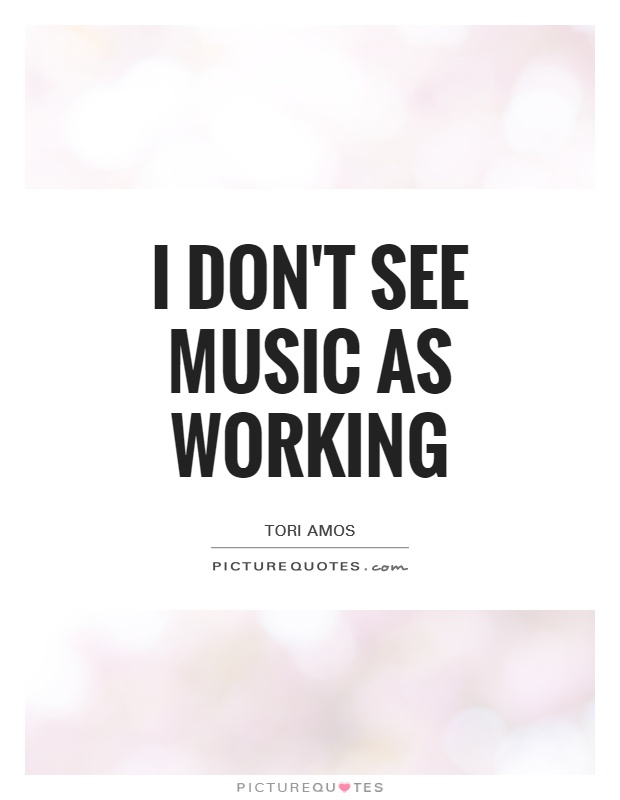
I don't see music as working
Tori Amos is a renowned singer-songwriter known for her unique and emotive music. With a career spanning over three decades, she has released numerous albums and singles that have resonated with fans all over the world. However, despite her success and critical acclaim, Tori Amos has often expressed a different perspective on her music and the music industry as a whole.One of the most striking statements she has made is, "I don't see music as working." This sentiment may seem surprising coming from a musician who has dedicated her life to creating and performing music. However, when delving deeper into her words, it becomes clear that Tori Amos is not dismissing the value of music or the impact it can have on people's lives. Instead, she is challenging the conventional notion of music as a commodity or a means to an end.
For Tori Amos, music is not just a job or a way to make a living. It is a deeply personal and spiritual practice that allows her to connect with her emotions, thoughts, and experiences in a profound way. She sees music as a form of self-expression and a way to communicate with others on a deeper level. In this sense, music is not something that can be measured by its commercial success or popularity. It is a form of art that transcends boundaries and speaks to the soul.
Furthermore, Tori Amos has been vocal about the challenges and pressures of the music industry, which often prioritize profit over creativity and authenticity. She has spoken out against the commercialization of music and the ways in which artists are expected to conform to certain standards in order to achieve success. In this context, her statement, "I don't see music as working," can be seen as a rejection of the mainstream music industry and a reaffirmation of her commitment to creating music on her own terms.
Overall, Tori Amos's perspective on music challenges us to rethink our understanding of what it means to be a musician and to consider the deeper meanings and motivations behind the music we listen to. By seeing music as a form of personal expression and connection rather than just a product to be consumed, we can appreciate the true power and beauty of this art form.

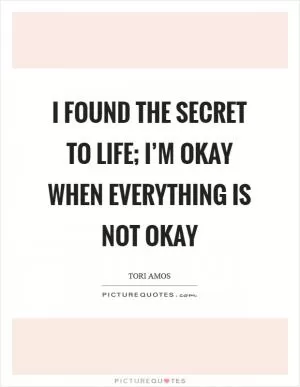
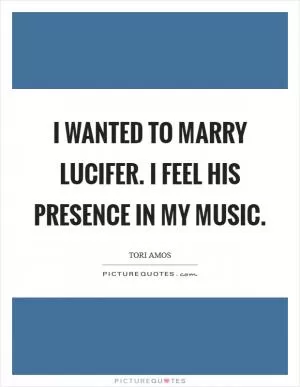
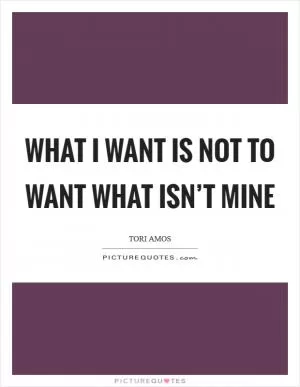
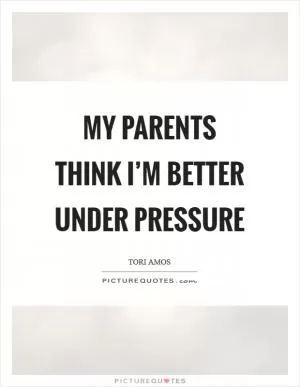
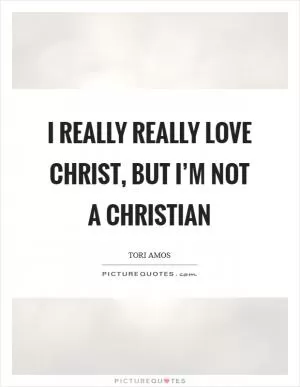
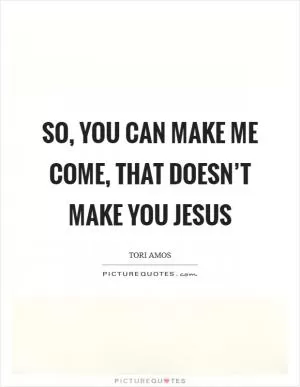
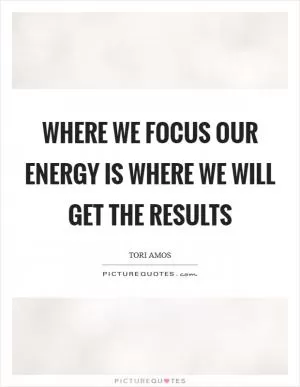
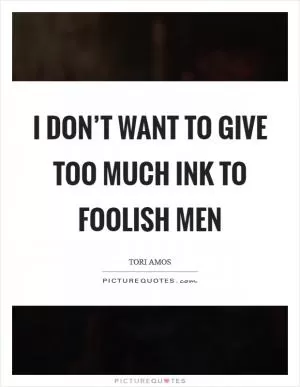
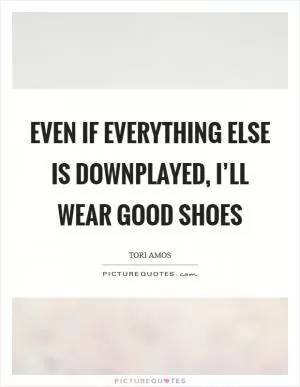
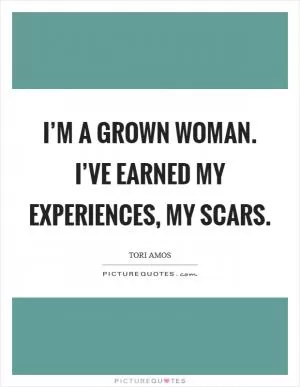
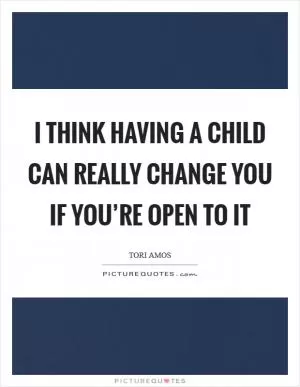
 Friendship Quotes
Friendship Quotes Love Quotes
Love Quotes Life Quotes
Life Quotes Funny Quotes
Funny Quotes Motivational Quotes
Motivational Quotes Inspirational Quotes
Inspirational Quotes